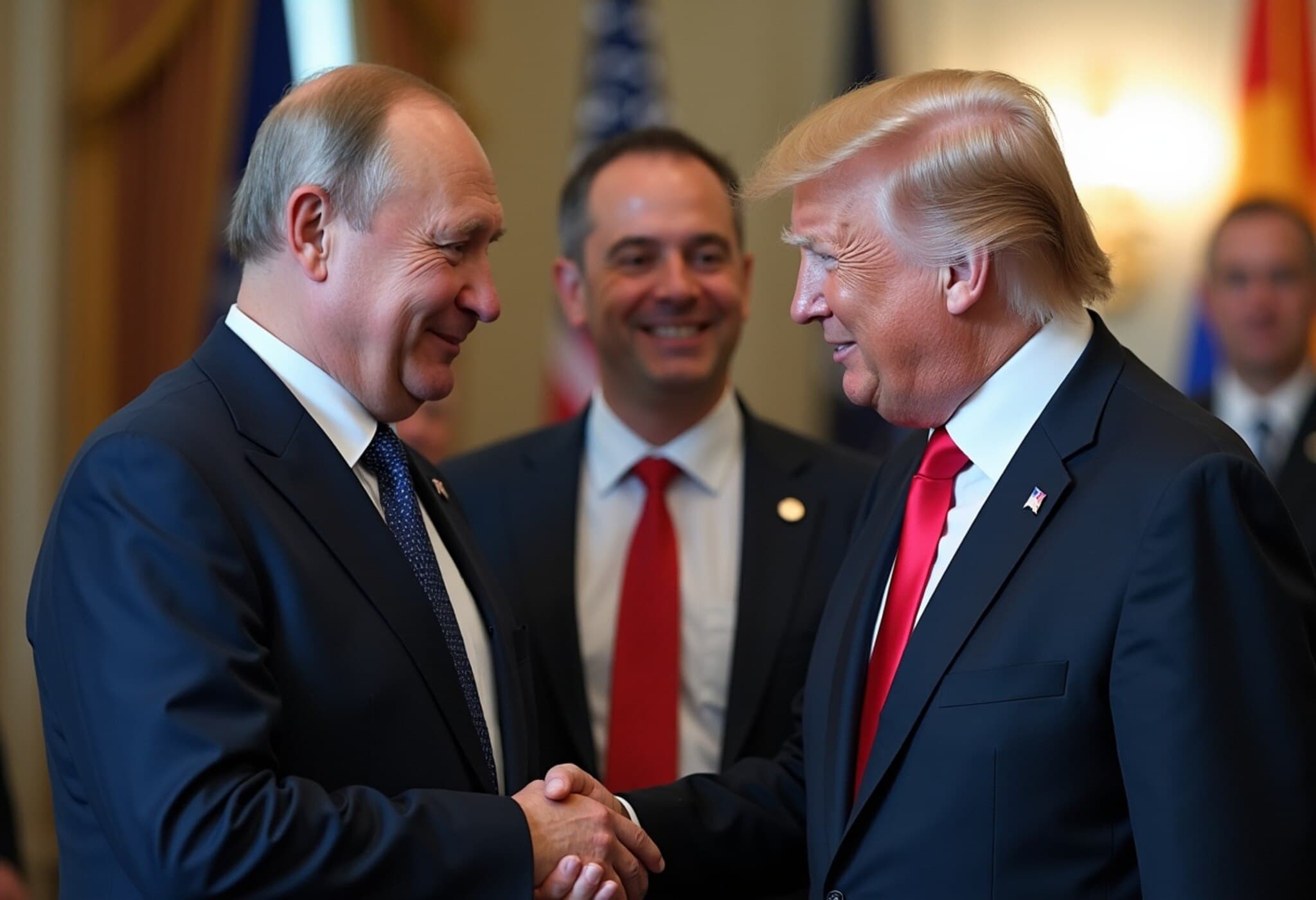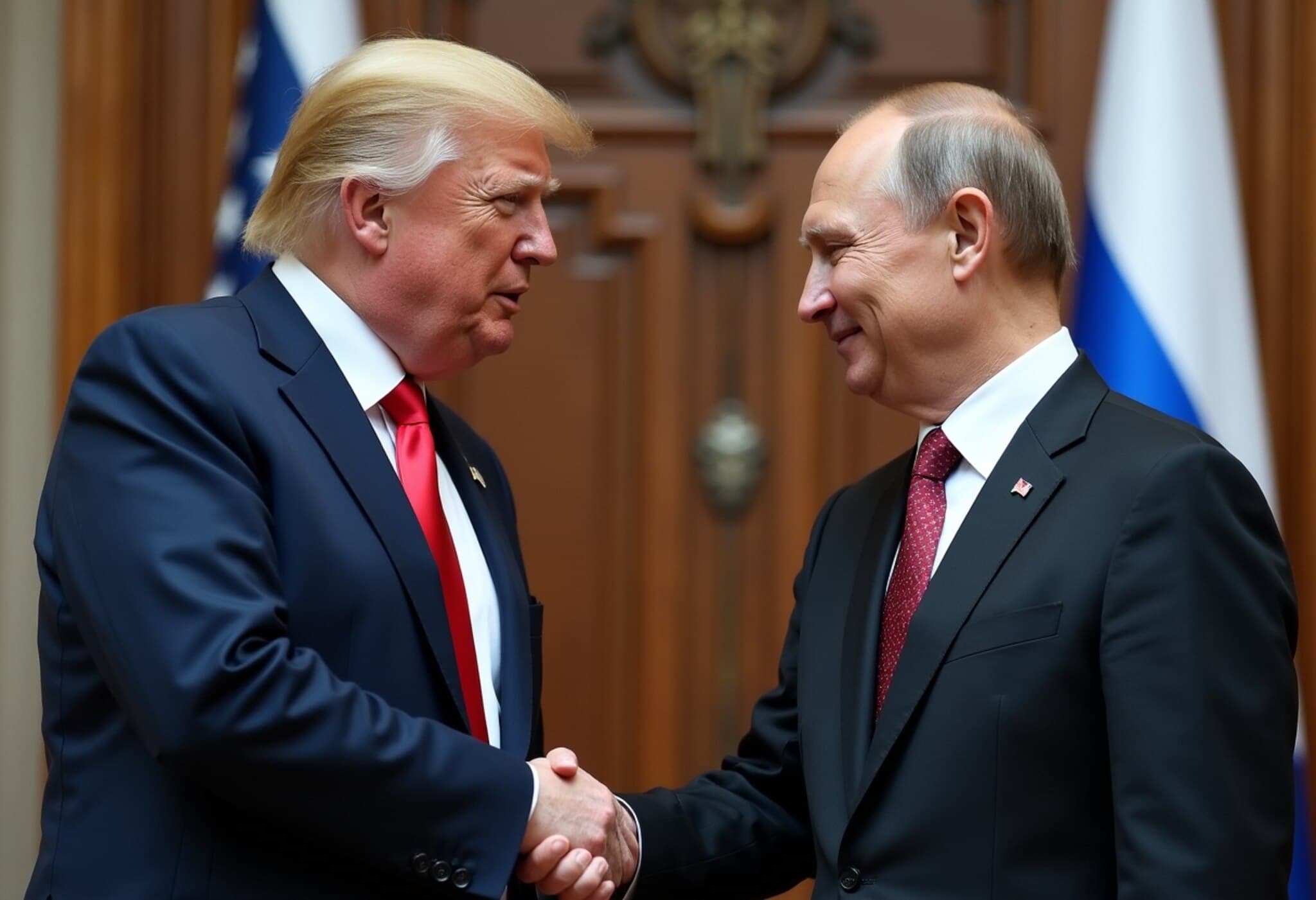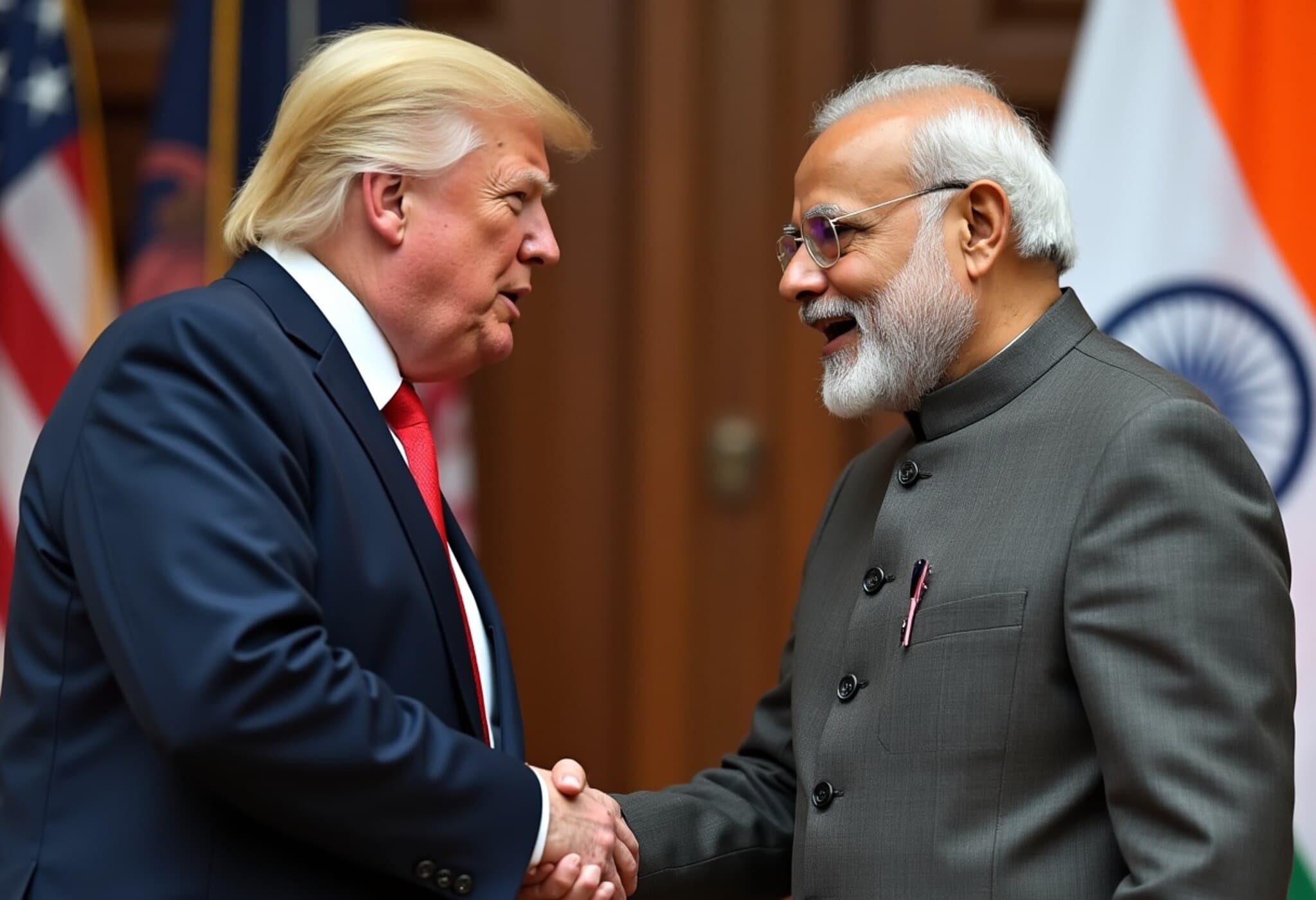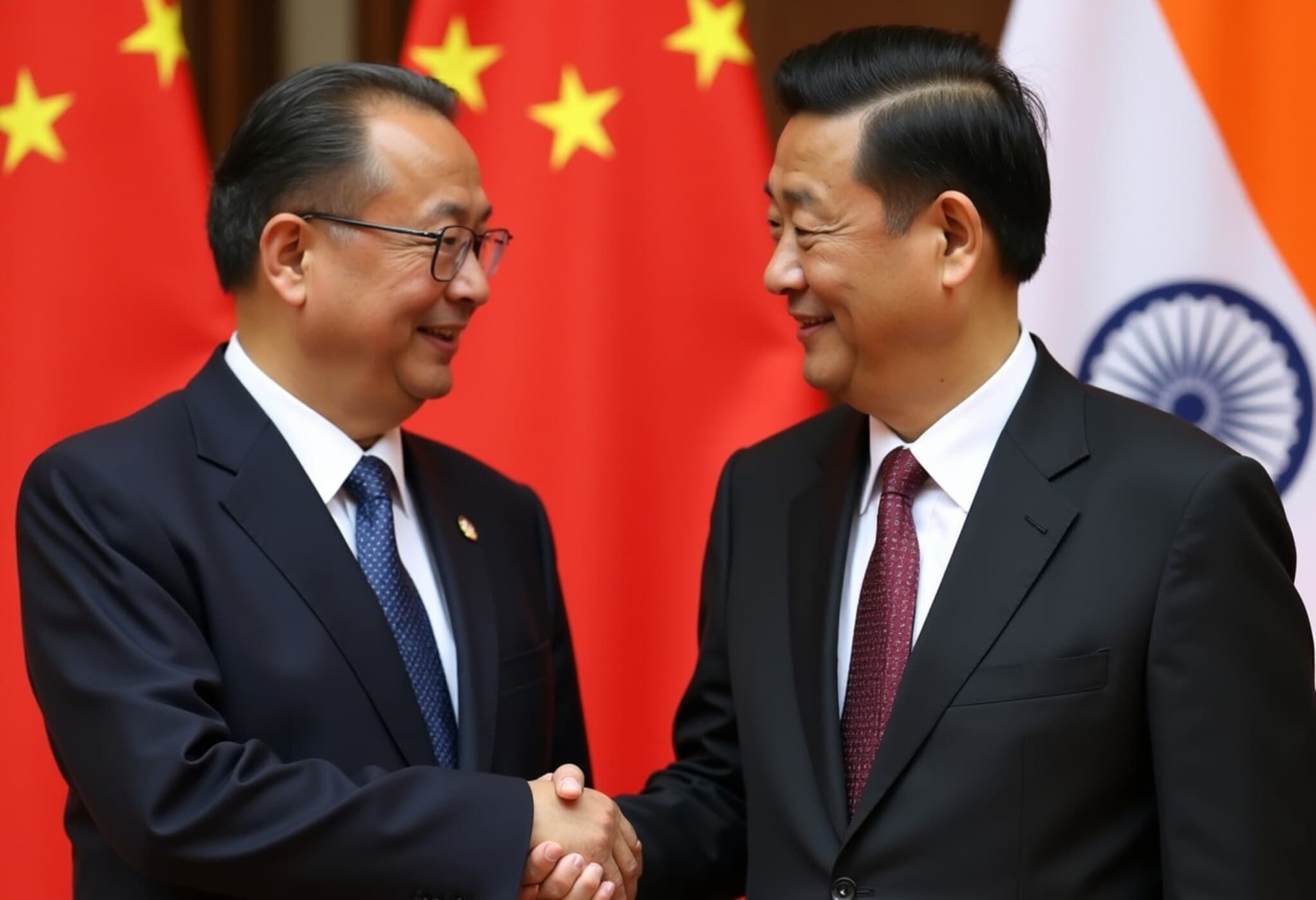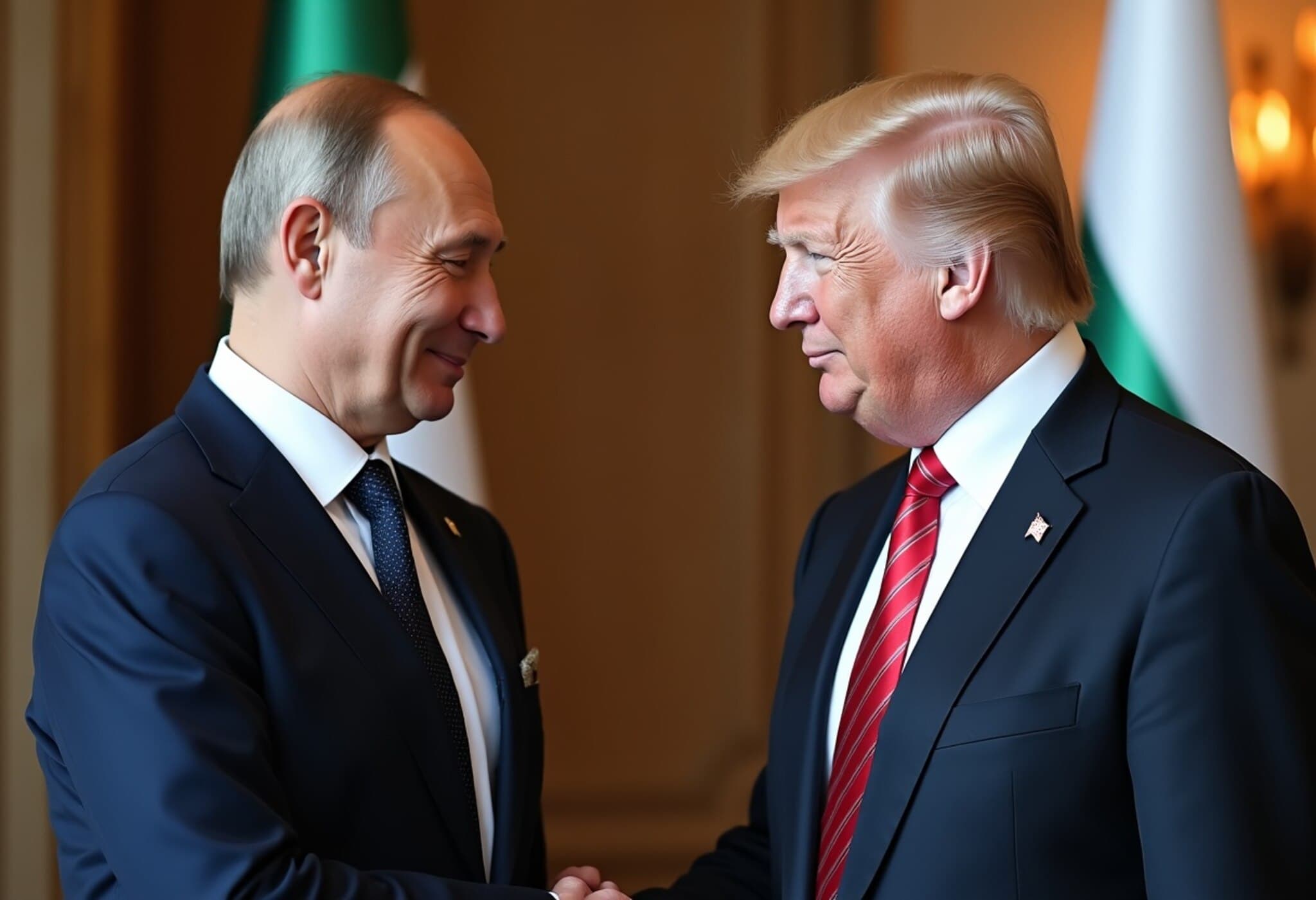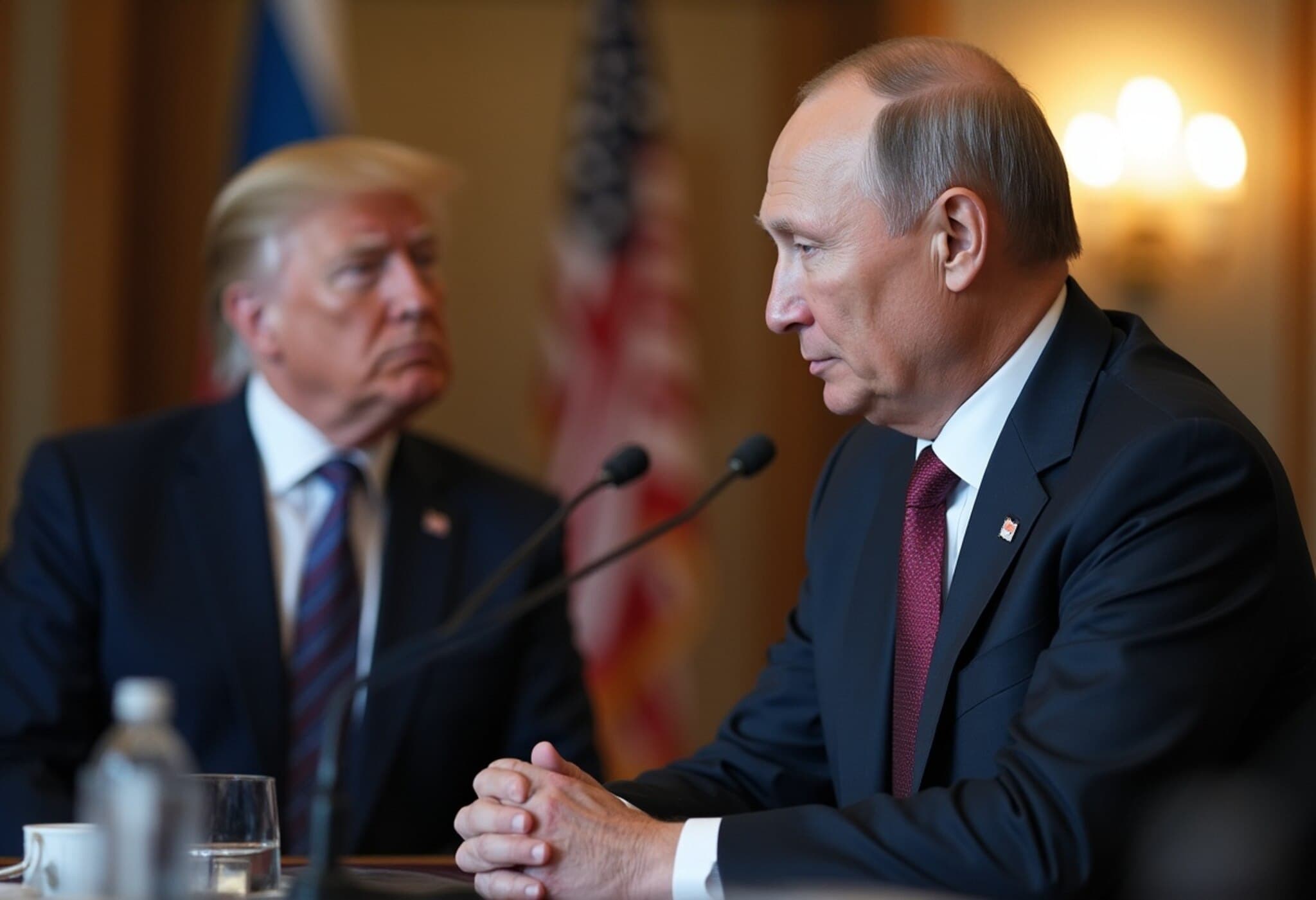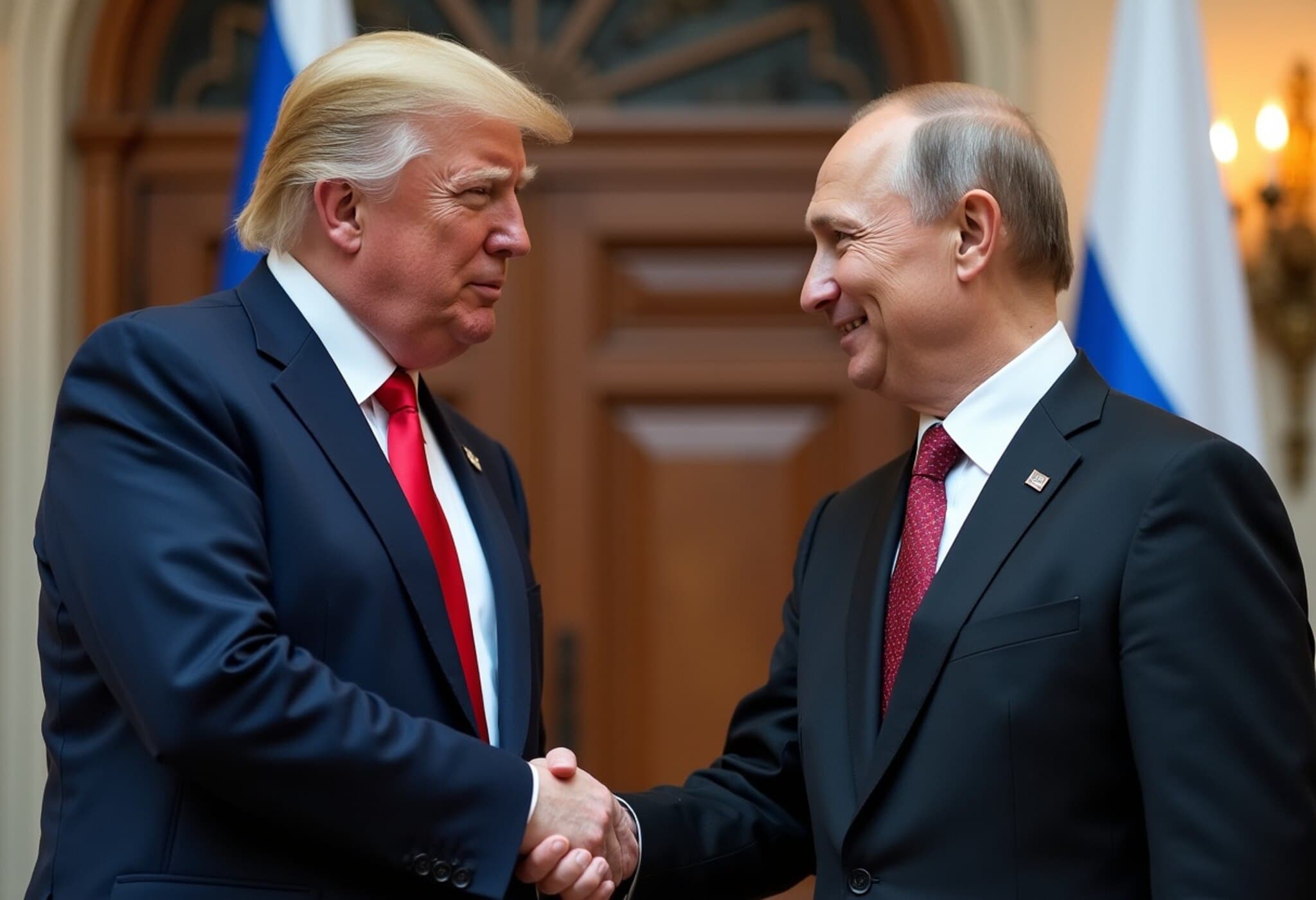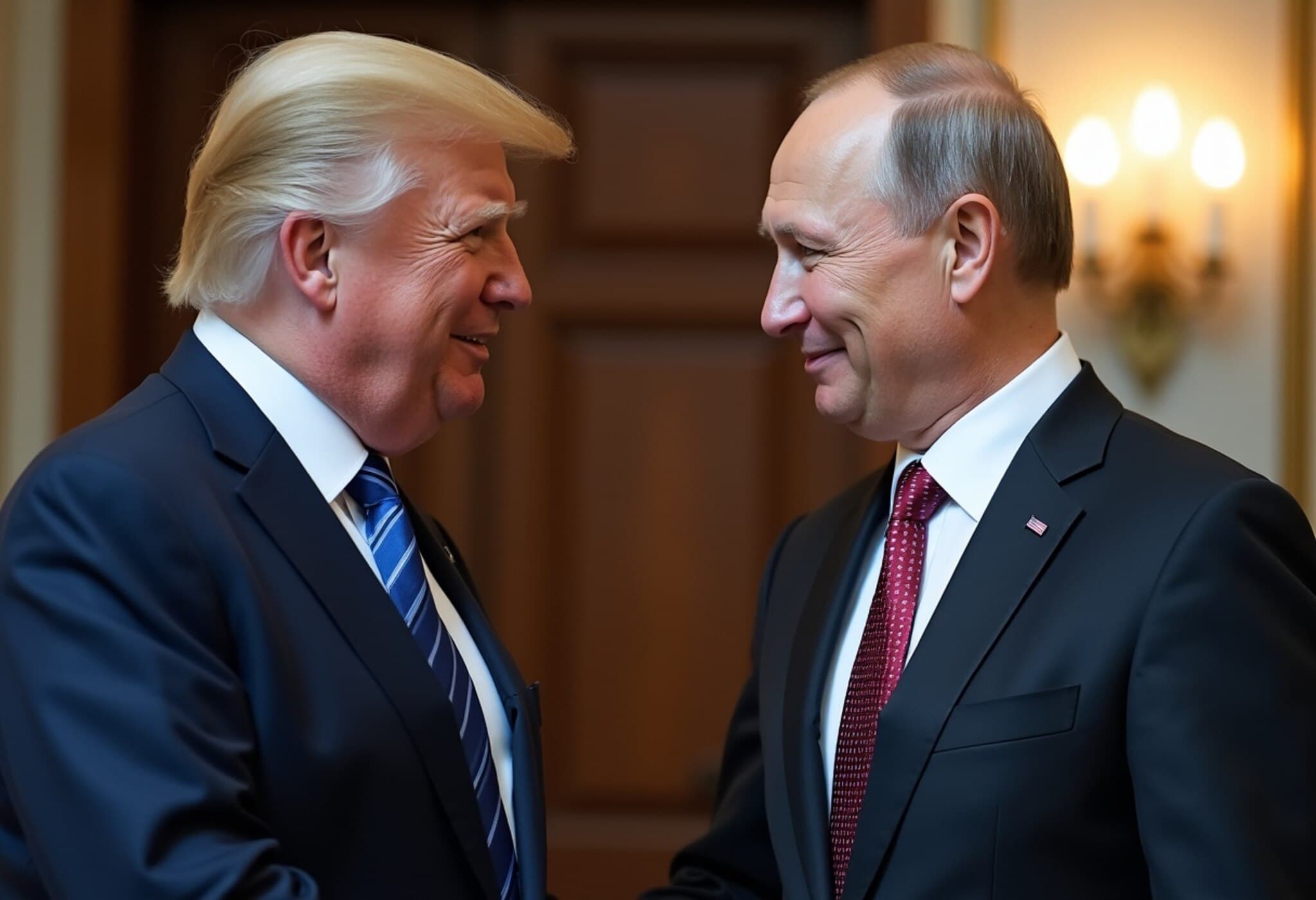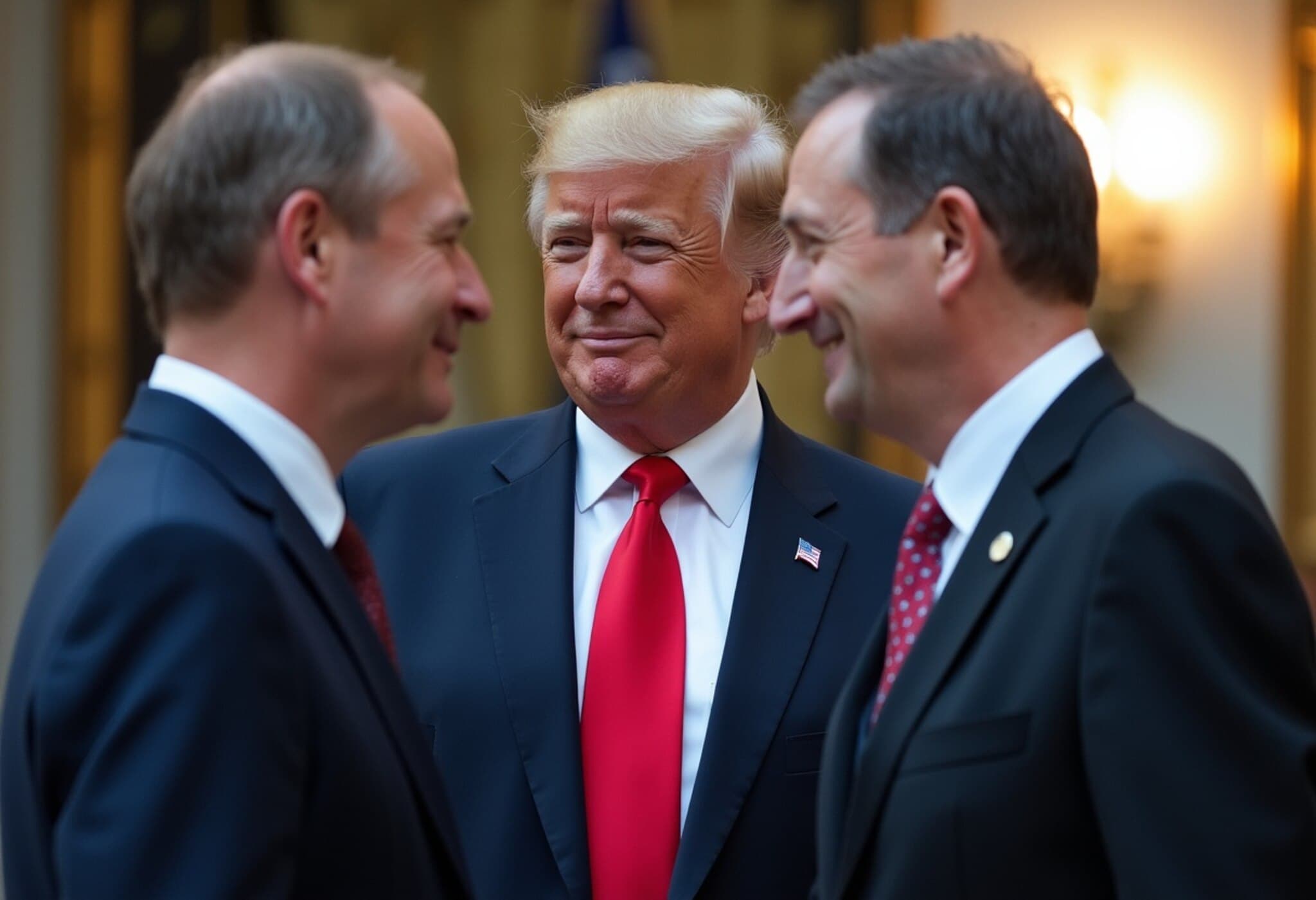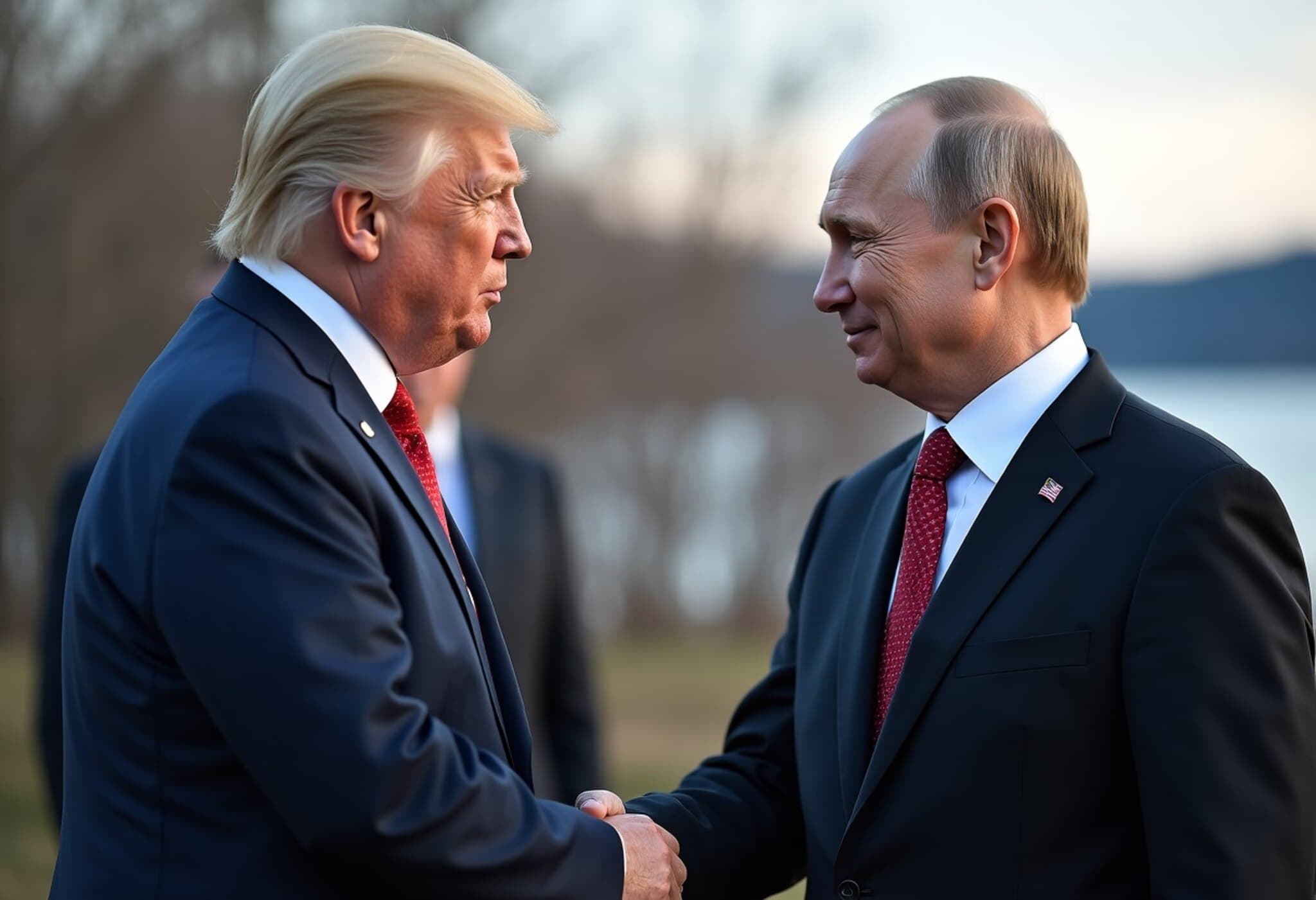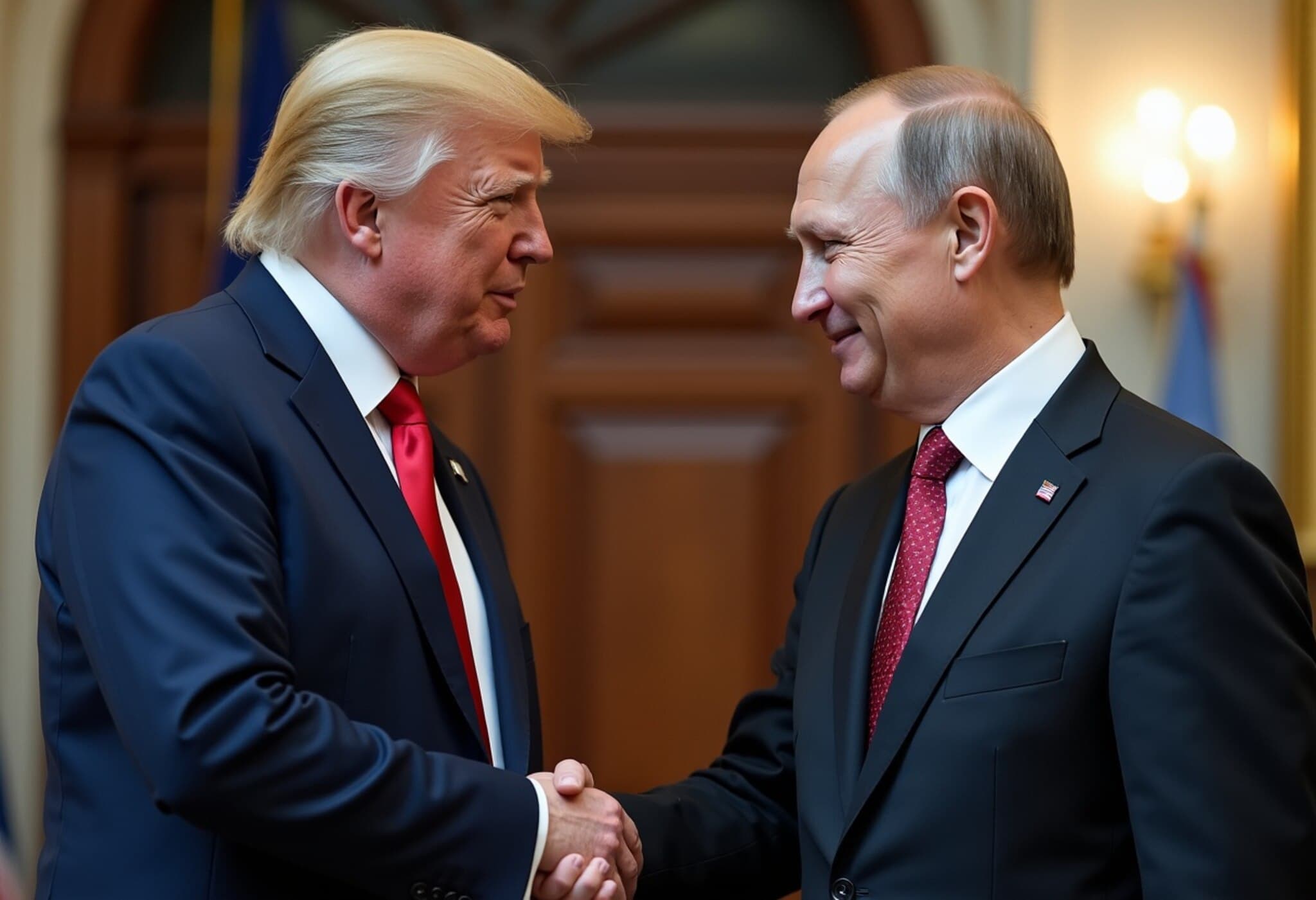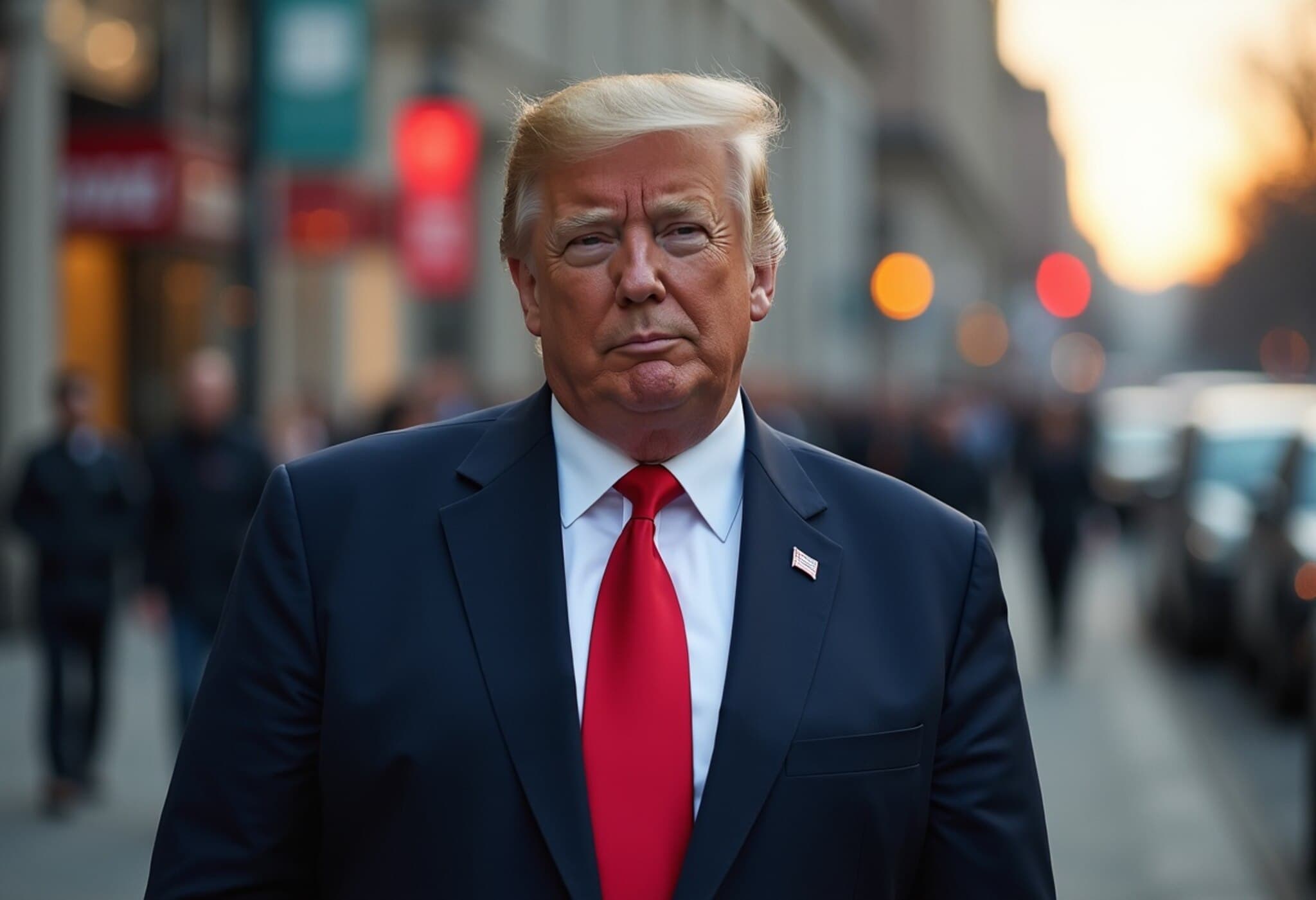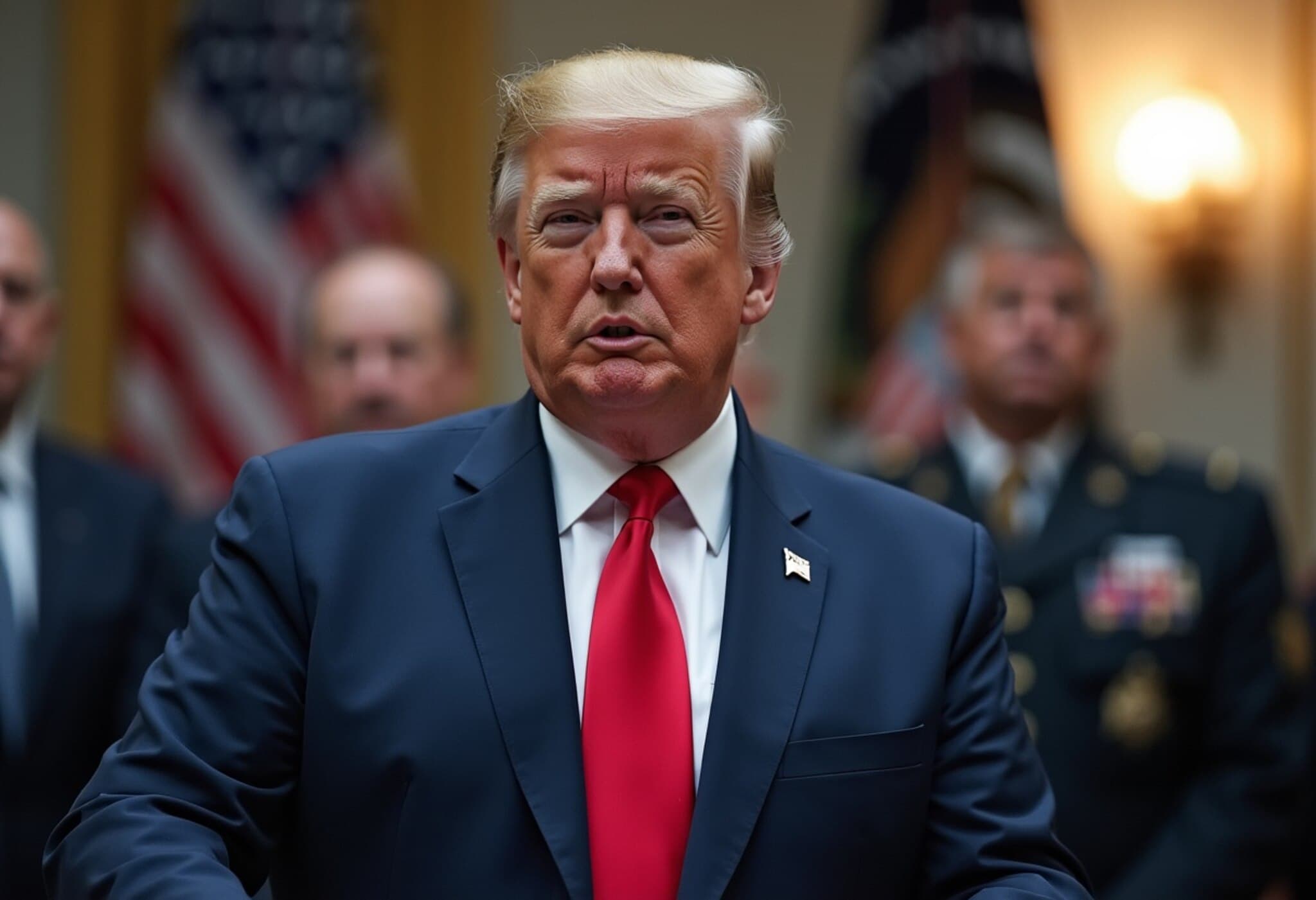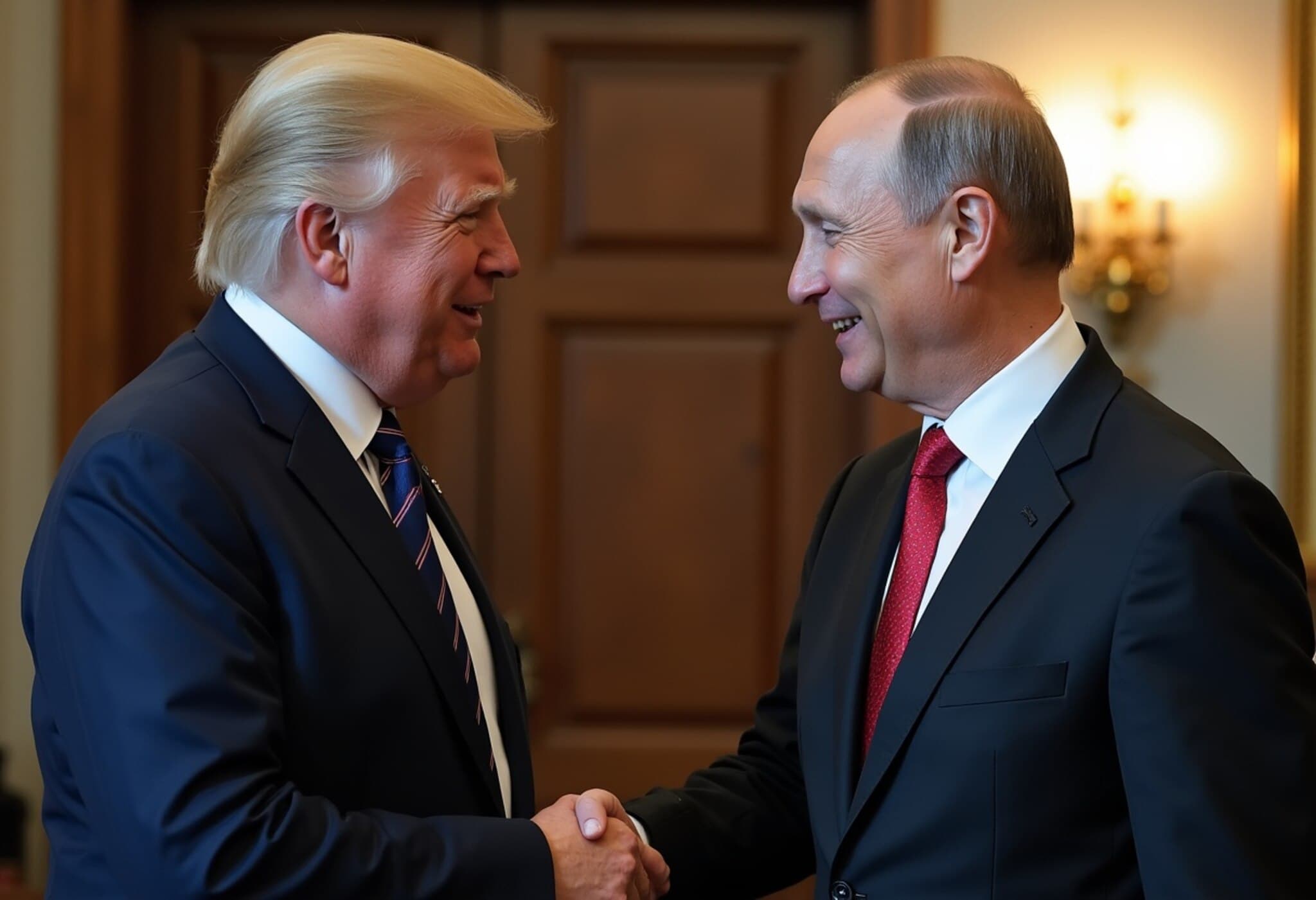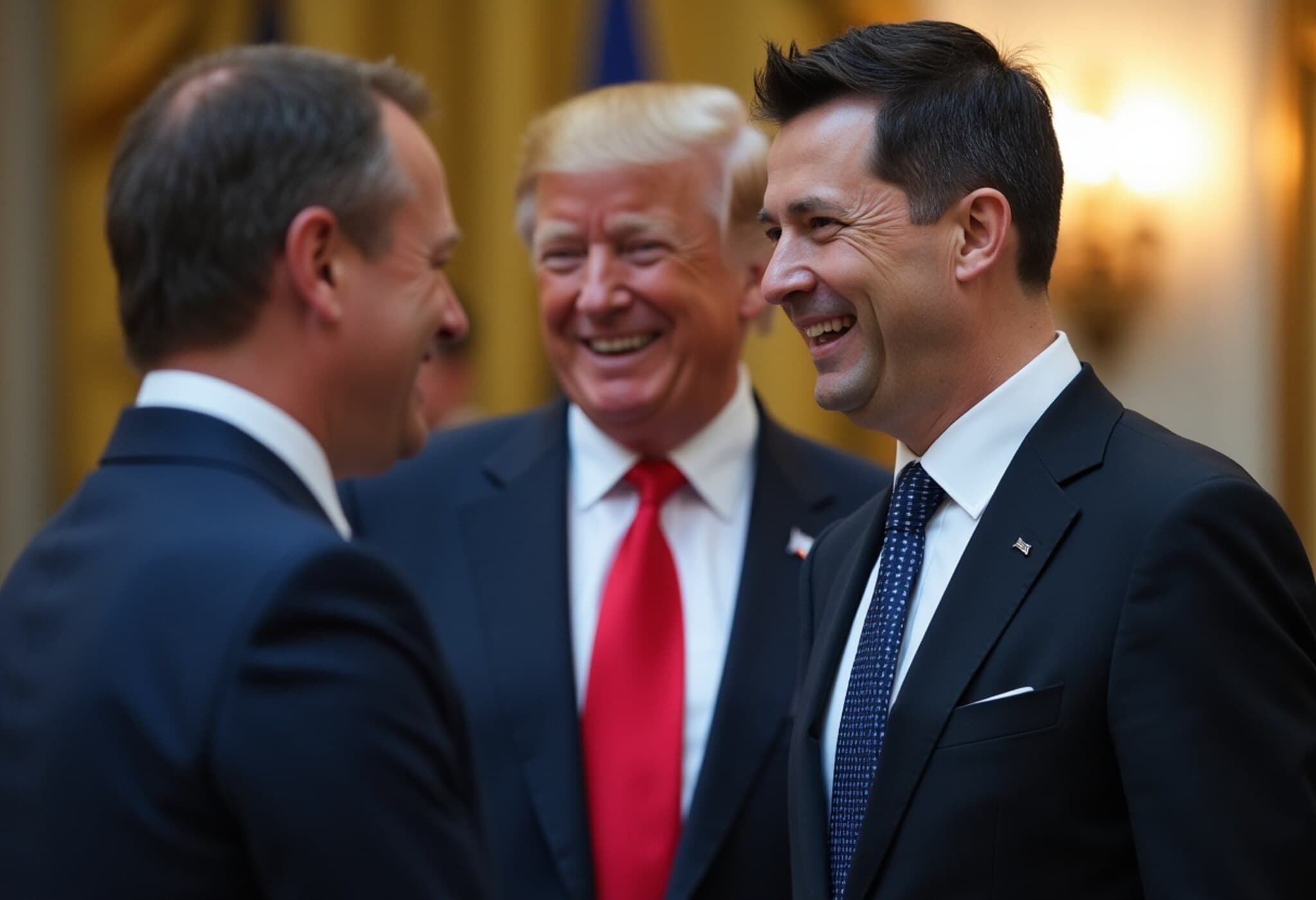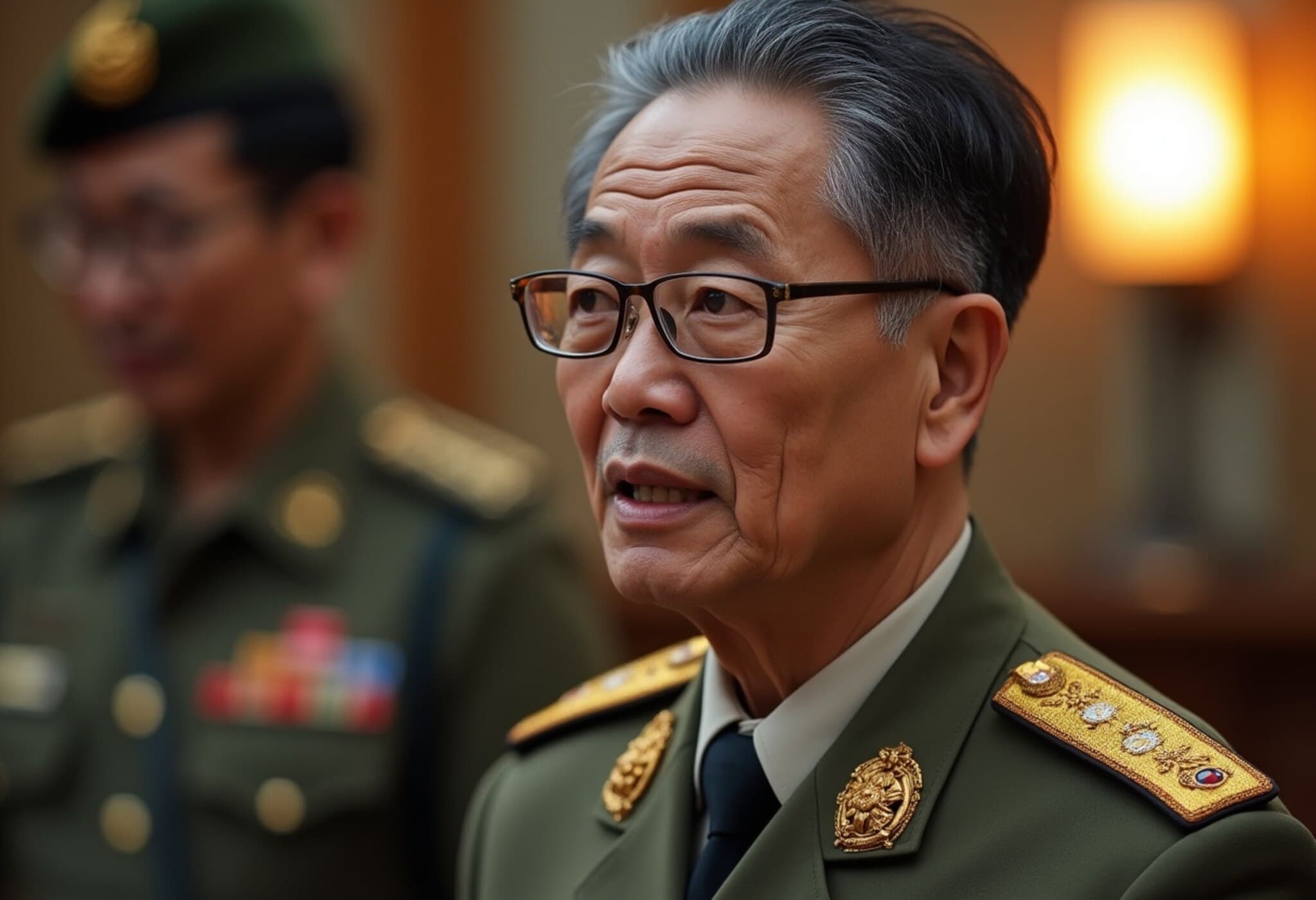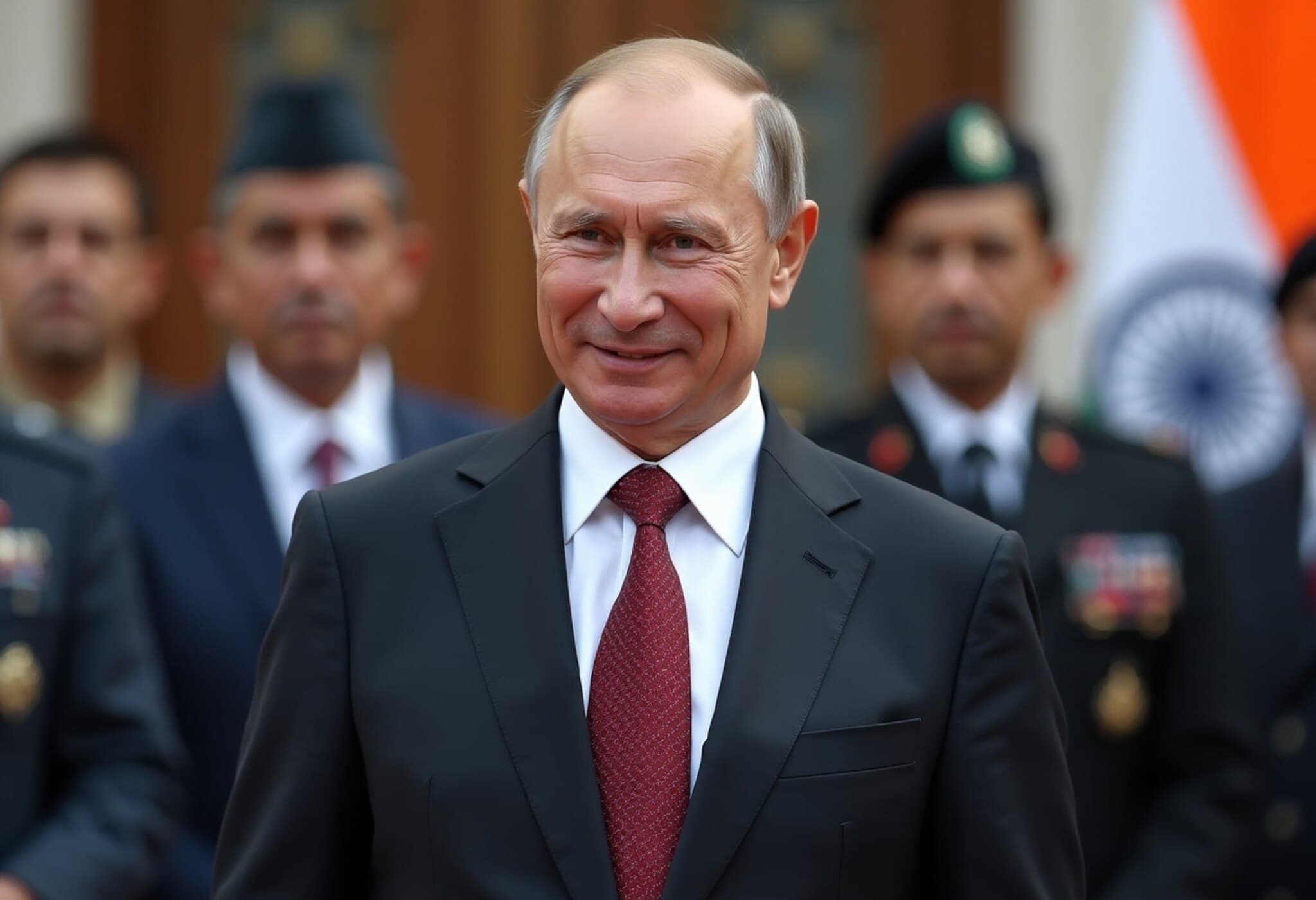Trump and Putin Poised for High-Stakes Summit Next Week
The Kremlin has confirmed that U.S. President Donald Trump and Russian President Vladimir Putin are expected to hold a face-to-face meeting as early as next week. This development marks a potentially pivotal moment in international diplomacy amid the protracted and devastating conflict in Ukraine.
Details about the exact timing and location remain under careful negotiation, but the meeting's agenda is likely to focus on Russia's ongoing military campaign in Ukraine and contentious trade issues, including tariffs initiated by the Trump administration.
The Diplomatic Backdrop
Kremlin aide Yuri Ushakov revealed to Russian state media, "At the suggestion of the American side, an agreement has been reached in principle to hold a bilateral summit in the coming days. We are now finalizing the details with our American colleagues. Next week has been set as a target date." While the venue has been agreed upon in principle, Ushakov withheld specific details.
This announcement followed U.S. envoy Steve Witkoff’s recent visit to Moscow, where he proposed a trilateral meeting involving Ukrainian President Volodymyr Zelensky. Russia, however, has not responded to this proposal, effectively leaving it unacknowledged.
Context: The Ukraine War and Diplomatic Roadblocks
The Minsk agreements and multiple ceasefire efforts have so far failed to halt the conflict, which has tragically claimed tens of thousands of lives and displaced millions since February 2022. Despite repeated calls from the U.S., European allies, and Ukraine itself, Russia continues to reject ceasefire initiatives.
President Trump, who has publicly taken an unusually active role in attempting to mediate the conflict, recently told reporters that he expects to meet Putin "very soon." His administration appears determined to explore new diplomatic channels to de-escalate tensions and address ongoing trade disputes.
Expert Insights: What to Watch For
- Geopolitical Impact: A direct Trump-Putin summit could recalibrate U.S.-Russia relations at a time when Washington’s strategies hinge heavily on sanctions and economic pressures. A successful dialogue might open pathways for renewed negotiations on the Ukraine conflict, though skepticism remains high.
- Trade Considerations: The tariff dispute poses a significant barrier. Analysts note that addressing economic grievances could be a prerequisite for deeper progress on security issues.
- Ukrainian Sovereignty: Any talks excluding Kyiv’s direct participation raise concerns about sidelining Ukraine’s voice, potentially undermining its sovereignty and long-term security.
- Domestic Political Stakes: For both leaders, this meeting arrives amidst complex domestic pressures. Trump’s confidence in foreign negotiations might appeal to his base, while Putin faces scrutiny over Russia’s international posture.
Underreported Questions
Despite the high-profile nature of this summit, several critical aspects remain unclear:
- What assurances or commitments could realistically emerge from this meeting to influence the ground realities in Ukraine?
- How will the U.S. balance sanctions and diplomatic engagement without appearing to legitimize Russia’s actions?
- What role, if any, will European partners play in shaping or responding to the outcomes?
Looking Ahead
As the world watches closely, this upcoming summit symbolizes more than just a bilateral meeting—it’s a litmus test for whether diplomatic channels can still be effective in resolving one of the most challenging conflicts of the 21st century.
Editor's Note
While hopes for a breakthrough are cautiously optimistic, readers should remain attentive to the broader implications of such high-level talks. The complexities inherent in U.S.-Russia relations, wartime diplomacy, and geopolitical strategy mean that any progress will likely be incremental and fraught with setbacks. This meeting offers a chance to shift the narrative—but only if followed by concrete actions that prioritize peace and stability over political theatrics.


